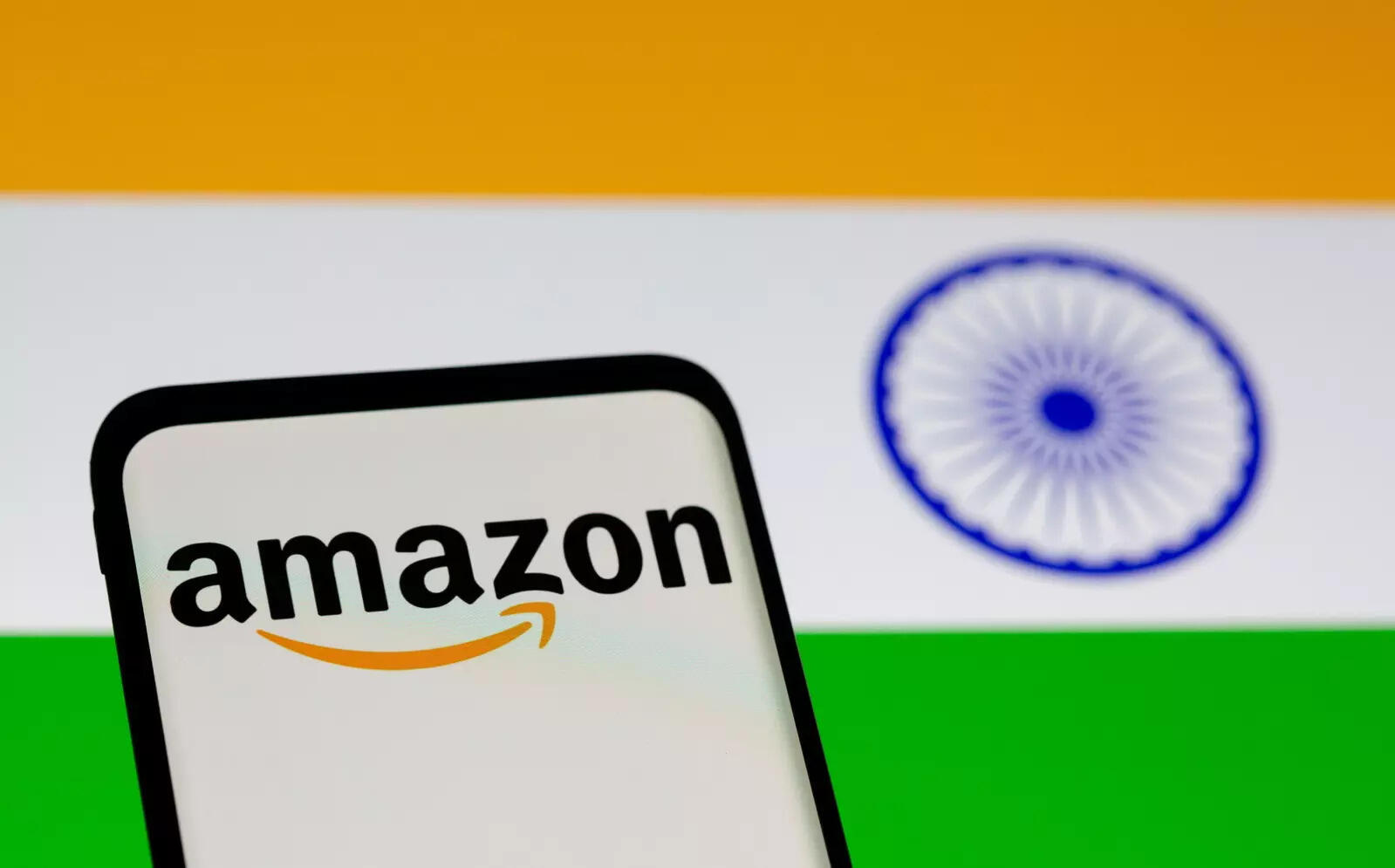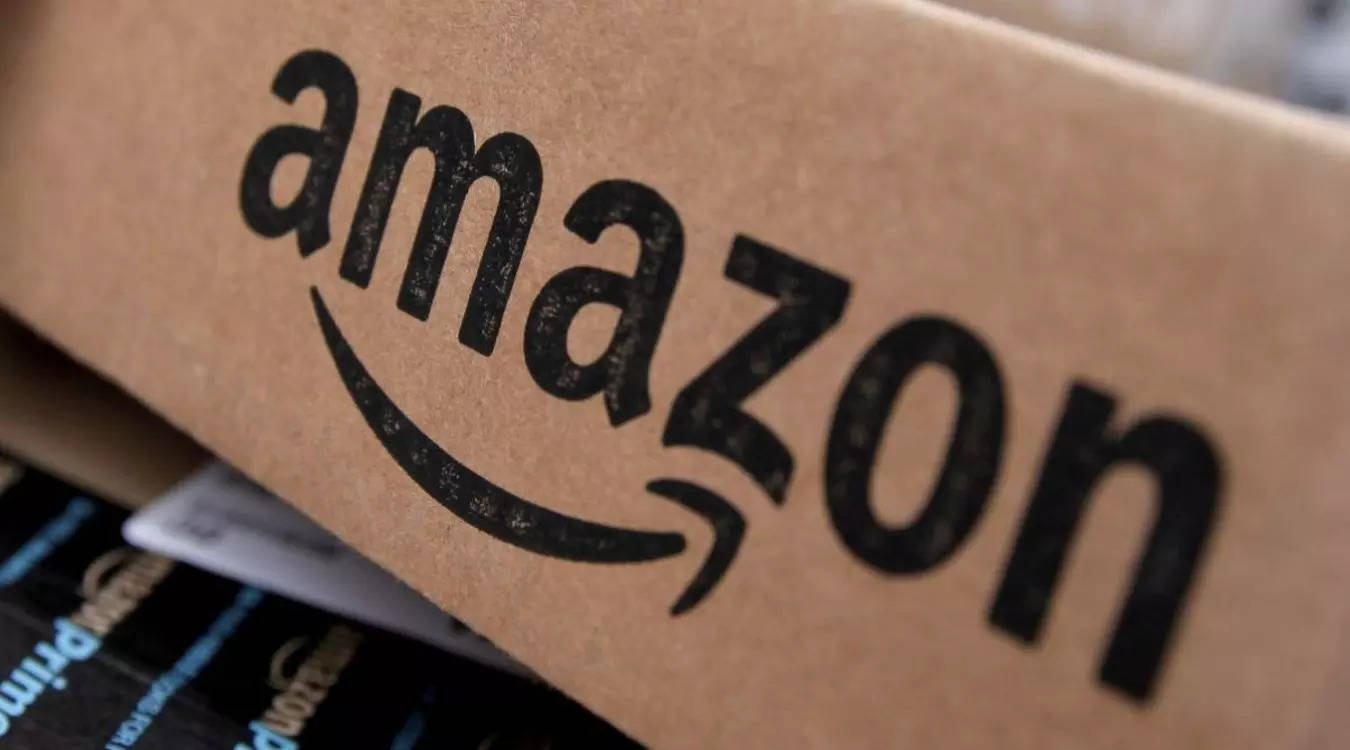NEW DELHI: Paytm’s initial public offering (IPO), being touted as the biggest in India’s corporate history, was subscribed 36 per cent on Tuesday, the second day of bidding. It received bids for 1.74 crore equity shares against offer size of 4.83 crore shares.
The portion set aside for retail investors was subscribed 1.07 times, while the reserved portion of non-institutional investors was subscribed only 3 per cent. Qualified institutional buyers have put in bids for 29 per cent shares of the portion set aside for them.
However, oversubscribed by 10x, the anchor round saw participation from a wide range of global investors such as Singapore’s GIC, Canada Pension Plan Investment Board, and BlackRock. Through this round of financing, Paytm has already raised almost half of its Rs 18,300 crore target but the asking valuationsfor a loss-making firm are looking a bit stretched for many analysts. Paytm's muted subscription so far is starkly different from the bumper listing of Nykaa last week that got a 100 per cent retail subscription within the first hour. So what are the reasons for the lackluster investor demand for Paytm’s IPO? Lofty valuation: The Paytm initial share sale aims to raise Rs 18,300 crore at a band of Rs 2,080-2,150, valuing the company at Rs 1.39 lakh crore at the top end. The IPO is valued at 43.7 times FY21 price-to-sales, which translates into a discount of 12 per cent to the recently-listed unicorn, Zomato. "The lofty valuation of Paytm has kept investors away from rushing to subscribe to the IPO on the first day like noticed in the past several IPOs. It looks like the subscription from the retail investors is mainly for the listing gains. In FY21, when use of digital wallet and mobile payments surged, the company posted a decline in the revenues. Despite a 60 per cent cut in marketing and promotional expenses, the losses continued and the road to profitability is unclear," said Guarav Garg, head of research at CapitalVia Global Research. It is still loss-making: Paytm is in its 11th year of operations as a digital payment company, but is still a loss-making firm. It has posted losses for the last 8 consecutive years while spending billions into a variety of business segments including insurance sales, wealth management, digital gold, travel and movie ticketing, fantasy sports, e-commerce, and also launched a payments bank (a bank operating on a smaller scale without involving any credit risk). “We expect to continue to incur net losses for the foreseeable future and we may not achieve profitability in the future,” the company stated in its DRHP. “Our profitability depends on the cost-effectiveness of our business…when we become a listed company, we will incur additional significant legal, accounting,and other expenses that we did not incur as an unlisted company,” Paytm said in the prospectus. Moreover, while the revenue of the company has been growing, their market share has actually been shrinking. "This is an additional problem for companies going public as in order to show a better picture while going public, whether it is Zomato or Paytm, in pursuit of lower losses they tend to give up market share. If they are competing with companies which are still private and venture capital funded, it becomes an unequal race as the private investors are still willing to underwrite losses whereas the public listed company does not want to do it to the same extent. The result is loss of market share for the listed entity," according to Devina Mehra, co-founder and chairperson at First Global. It's a Chinese company! The fintech firm has listed the fact that it is a “foreign-owned and controlled company” as a risk in the draft offer document it filed with market regulator the Securities and Exchange Board of India. Paytm is backed by Japan’s Softbank, China’s Alibaba and Ant Group, and Hong Kong’s Elevation Capital. Alibaba's Ant Group, with a 29.7% stake, is Paytm's largest shareholder. Ant Group, Alibaba, and SAIF Partners (a Hong-Kong based private equity firm) collectively own more than 50% of the shares. So while Paytm's origins and business are in India, it's now primarily a Chinese-owned company, and foreign ownership is a matter of concern when it comes to financial stability. "It's not just the losses at the operational level that is keeping investors wary of Paytm's IPO. But the fact that the company has significant Chinese ownership, a web of transactions with 30 odd subsidiaries and over 40 cases of litigationagainst it, seem to be key concern. Competition against deep pocketedbehemoths like Google, Amazon and Facebook in the payment space may keep the company devoid of profits for many years, especially if it stays volume focused," said Tanushree Banerjee, senior research analyst at Equitymaster.
Too much competition
Paytm does have the advantage of being in the Indian mobile payment market the longest, with the biggest user base. But competitors like PhonePe and GooglePay have outdone Paytm in the UPI app ecosystem. PhonePe and Google Pay together had an 80 per cent share of the UPI transactions in September 2021. PhonePe had the most number of UPI transactions in September 2021 (1,653.19 million), followed by Google Pay (1,294.56 million) and Paytm (462.71 million). Paytm has a share of 13 per cent in overall UPI payments but it has the largest share of India’s merchant payments market. However, competitors like Google, Apple, Amazon, and Facebook have very deep pockets. So, their entry into the payments space, will make Paytm's growth sustainability very uncertain. "In Paytm’s case, where there is the strength of the network effects -- it’s the largest digital payments from a merchant’s perspective -- it has a long runway to capitalize on that and hopefully generate some profits along the way," Rakhi Prasad, an investment manager with Alder Capital told Bloomberg TV. "These are very high risk bets" she added, over the medium- to long-term horizon. “Nothing is really going to happen in the short-term. I would say demand will come through but maybe not a big listing pop that we may have been seeing in some other companies. Viability concerns It is the peer-to-merchant segment (P2M) where Paytm is the true leader with a 50 per cent share, and this is the market where it will make its money. However, the commission it earns on all the transactions routed through its payment gateway solution is still low. It has dropped from 2.18 per cent in 2016– 17 to 0.79 per cent in 2020–21 as the company prioritised acquiring users and user transactions. But when compared to international peers, its economic viability is a long way off. "Companies like American Express, Papal, Shopify, and Square, have take rates between 2 per cent and 3 per cent. This is because they handle a variety of financial transactions. Mastercard's take rate is 1.8 per cent. Visa's is much lower at 1.1 per cent. Alibaba owned Ant Financial, perhaps the company that Paytm has most closely modelled itself on, has 1.4 per cent. But makes up for it withhuge transaction volumes," explained Banerjee. Adapting to regulatory norms Since Paytm has a number of subsidiaries, and a finger in every pie - payment bank, e-commerce, insurance, and broking - it will have to adapt to a host of new regulations. Probably more than any other fintech player in the country, cautions Banerjee. Moreover, 24 of the 43 litigations currently against Paytm, involve its subsidiaries. "The web of transactions between the company, its founder, and subsidiaries is a key sustainability risk," Banerjee added.










